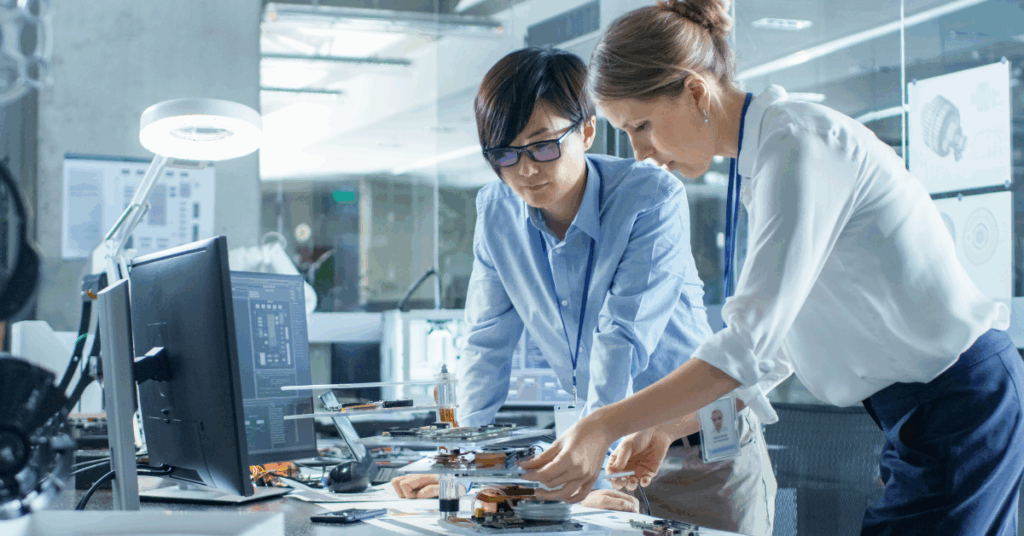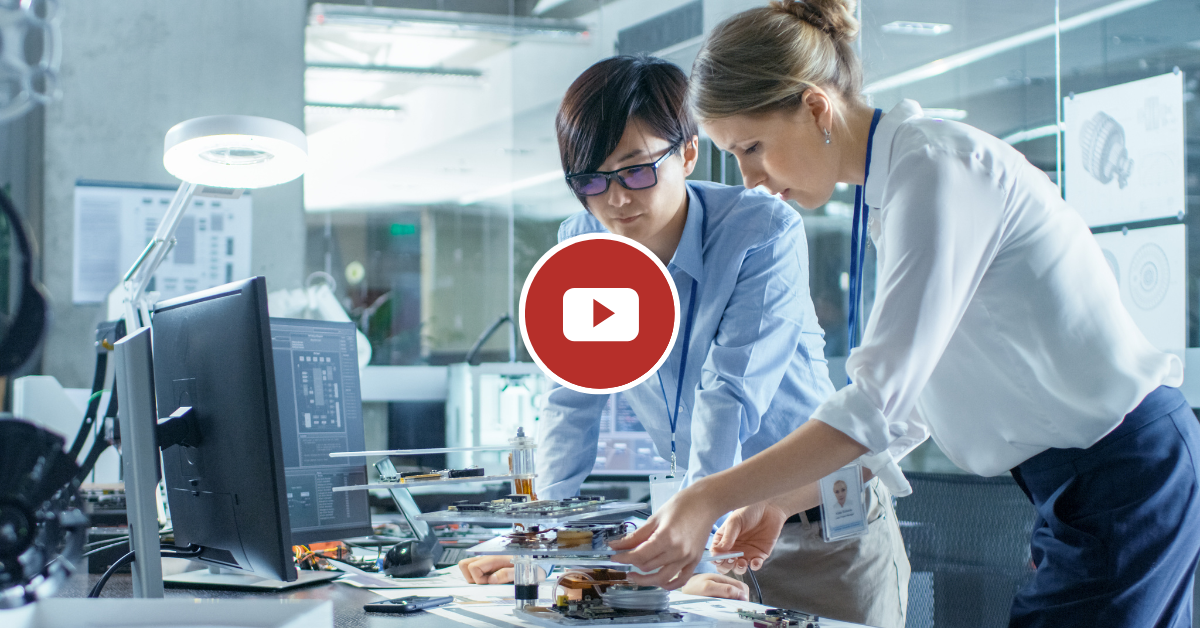Tuesday, August 5, 2025
The U.S.-China Science and Technology Cooperation Agreement (STA), the first bilateral agreement signed shortly after the United States and China established diplomatic relations in 1979, has been renewed multiple times. Scientists from the two countries have collaborated on cancer prevention, malaria treatment, vaccines, and more; the results of their efforts have benefited the people of both countries and the world. In August 2024, the STA expired, but on December 13, 2024, the two countries signed a protocol amending the STA and extending it for another five years, suggesting that rumors of the death of collaboration were premature. However, the actual agreement wasn’t published for four months, in April 2025.
In an interview conducted on August 5, 2025, Scott Kennedy, Deborah Seligsohn, and Denis Simon speak with Abigail Coplin about the renewal of the STA, the future of U.S.-China scientific cooperation, and implications for overall U.S.-China relations.
Speakers
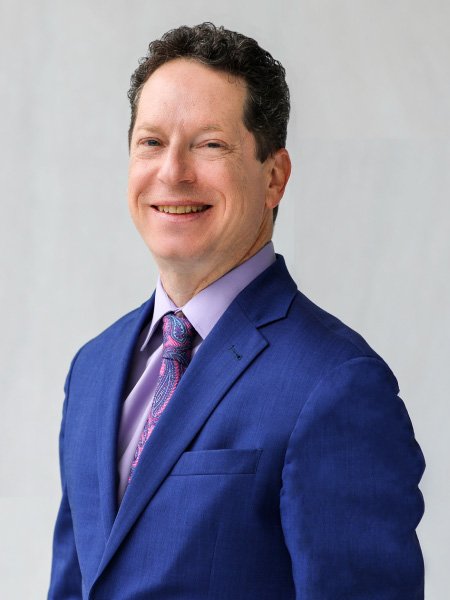
Scott Kennedy
Scott Kennedy is senior adviser and Trustee Chair in Chinese Business and Economics at the Center for Strategic and International Studies (CSIS). He focuses on China’s innovation drive and industrial policy, U.S.-China relations, and global economic governance. His articles have appeared in a wide array of publications, including the New York Times, Wall Street Journal, Foreign Affairs, Foreign Policy, and China Quarterly. Major recent publications include U.S.-China Scholarly Recoupling: Advancing Mutual Understanding in an Era of Intense Rivalry (2024); Breaking the Ice: The Role of Scholarly Exchange in Stabilizing U.S.-China Relations (2023); and China’s Uneven High-Tech Drive: Implications for the United States (2020).
Previously, Dr. Kennedy was a professor at Indiana University (IU) (2002-2014), where he established the Research Center for Chinese Politics & Business and was the founding academic director of IU’s China Office. He received his Ph.D. from George Washington University, MA from Johns Hopkins-SAIS, and BA from the University of Virginia.
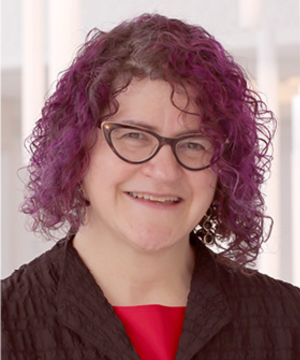
Deborah Seligsohn
Deborah Seligsohn is an assistant professor of political science at Villanova University and a senior associate with the Trustee Chair on Chinese Business and Economics at the Center for Strategic and International Studies (CSIS). Her research focuses on Chinese politics; U.S.-China relations; and public health, energy, and environmental politics in China and India. Previously, she worked in both the NGO and government sectors on public health, science, climate, and the environment. From 2003 to 2007, she served as the Environment, Science, Technology, and Health Counselor at the U.S. Embassy in Beijing. From 2007 to 2012, she served as the Beijing-based principal advisor to the World Resources Institute’s China Energy and Climate Program. In addition to publishing in academic journals, her writing has appeared in the Washington Post, Financial Times, the South China Morning Post, and more. Dr. Seligsohn received her Ph.D. in political science and international affairs from the University of California, San Diego.
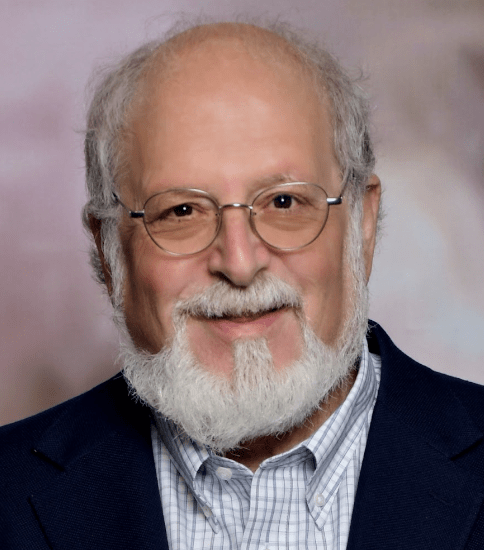
Denis Simon
Denis Simon is a non-resident fellow at the Quincy Institute for Responsible Statecraft and a senior lecturer in the Asian/Pacific Studies Institute at Duke University. He previously served as director of corporate partnerships at the Kenan Institute of Private Enterprise at the University of North Carolina Kenan–Flagler Business School. Dr. Simon was a founding member of the Experts Group of the U.S.-China Innovation Dialogue organized by the White House Office of Science and Technology Policy and China’s Ministry of Science & Technology (2008–17). More recently, he served as a consultant to the National Academy of Sciences on a study on global talent and U.S. interests, including China’s evolving role. He also is a founding organizer and principal coordinator of the U.S.–China Dialogue on Higher Education. Dr. Simon earned his Ph.D. and M.A. from the University of California, Berkeley, and his B.A. from the State University of New York.
Moderator
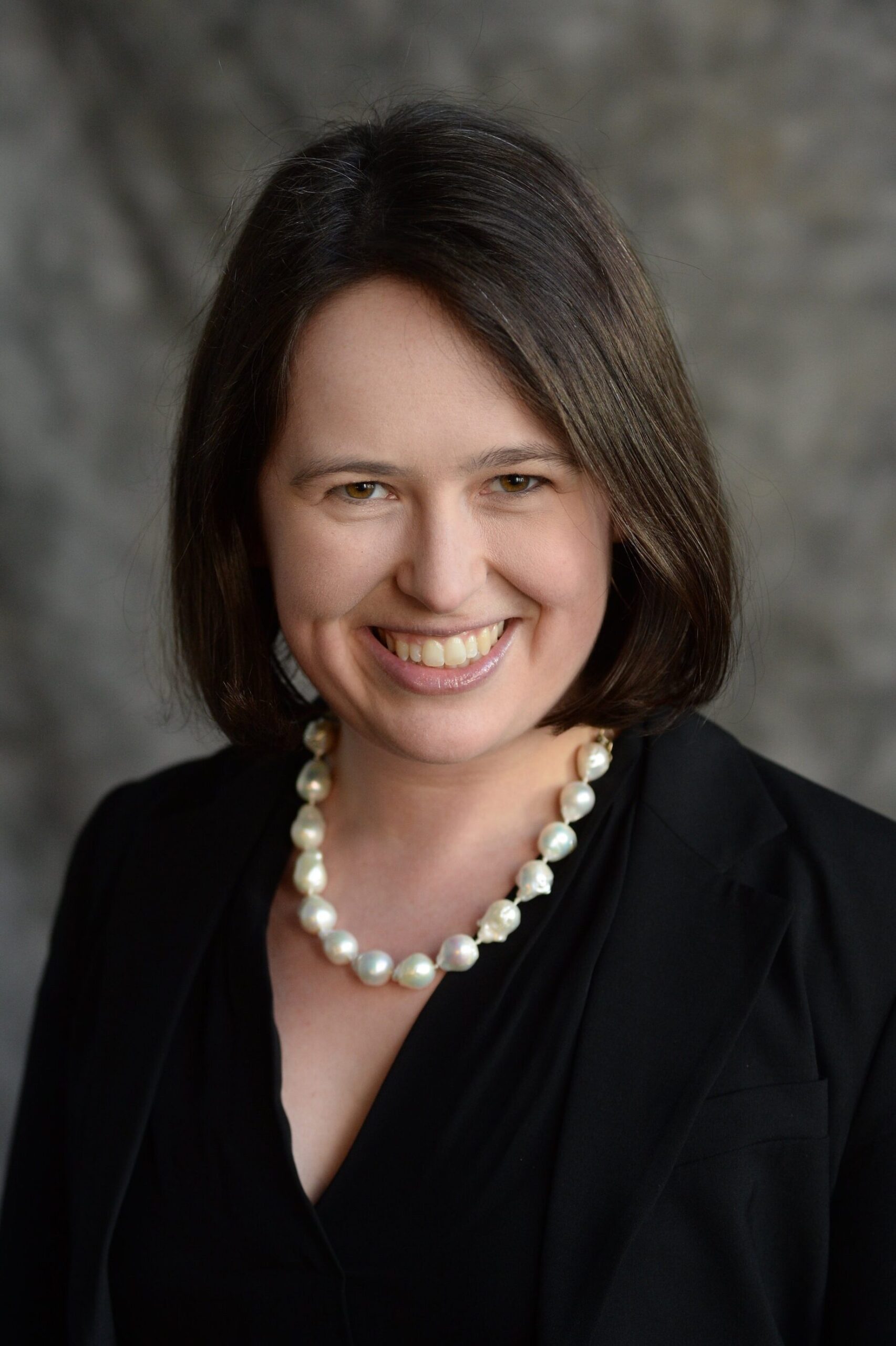
Abigail Coplin
Abigail Coplin’s research analyzes the development of China’s biotechnology and agrobiotechnology industries to examine how scientific innovation, business, and regime legitimacy evolve in the contemporary People’s Republic of China, how the Chinese state contends with scientific experts and incorporates expertise in its governance schemes, and how China’s pursuit of high-tech development is restructuring relationships among Chinese society, industry, and the party-state. Dr. Coplin holds a Ph.D. in sociology from Columbia University, an M.A. in regional studies of East Asia from Harvard University, and a B.S. in chemistry and East Asian studies from Yale University. She is a National Committee Public Intellectuals Program fellow.
